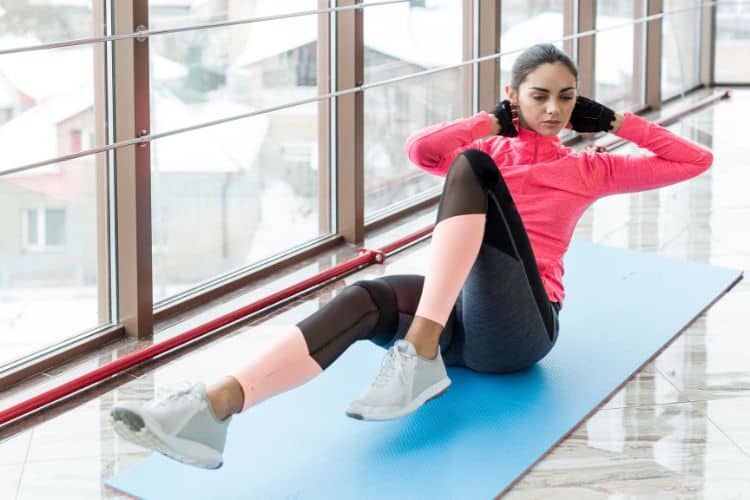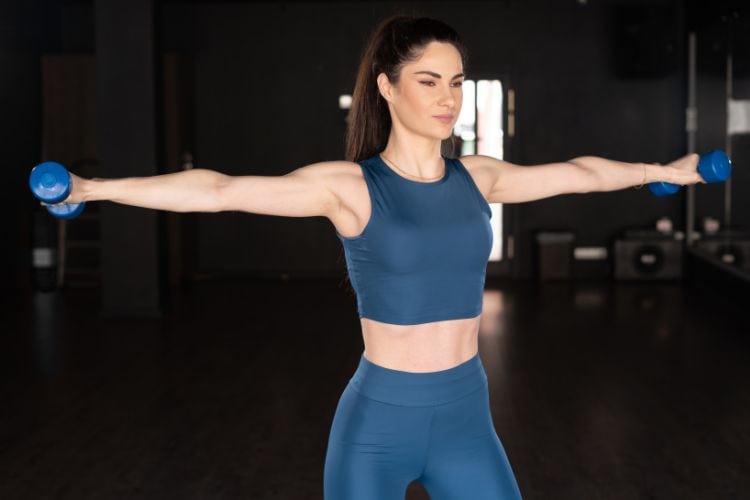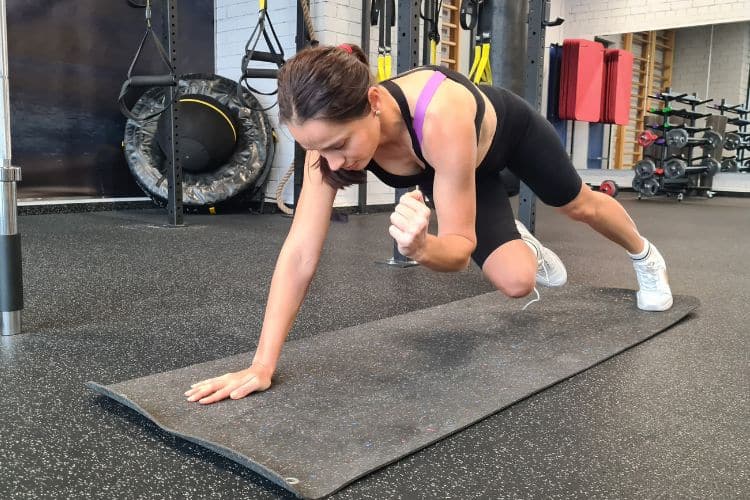Sign up for workout ideas, training advice, reviews of the latest gear and more.






In today’s fast-paced society, where picture-perfect bodies are flaunted on social media feeds, it’s easy to get caught up in the whirlwind of unattainable fitness goals. But the secret to lasting change and true body confidence isn’t found in fad diets or gruelling boot camps; it’s found in setting realistic, achievable fitness goals.
Realistic fitness goals are unique to every individual and are based on your personal health, lifestyle, and physical abilities. They’re not about being the fastest or the strongest; instead, they focus on improving your overall health, enhancing your quality of life, and cultivating a positive relationship with your body. These goals can include anything from being able to climb a few flights of stairs without feeling winded, to running a 5K or reducing the risk of chronic diseases.
Setting and striving for realistic fitness goals is important for several reasons. Firstly, it reduces the risk of injuries that often come from pushing your body too hard too quickly. Secondly, it promotes long-term commitment to maintaining a healthier lifestyle, since progress can be seen over time. Lastly, it fosters a positive mindset and a healthier relationship with your body and your health.
Understand your current fitness level. Speak to a healthcare professional or a certified personal trainer for an evaluation, which will help you identify your starting point and set clear, achievable goals.
Outline what you want to achieve. Remember, your goal shouldn’t be based on unrealistic beauty standards. Focus on health-oriented goals like reducing body fat, increasing stamina, or enhancing flexibility.
Goals should be Specific, Measurable, Achievable, Relevant, and Time-bound. For instance, rather than saying “I want to lose weight”, say “I want to lose 10 pounds in 10 weeks by jogging for 30 minutes a day, five times a week.”
Design a workout routine that suits your lifestyle, personal preferences, and physical abilities. It could be home workouts, gym workouts, or outdoor activities.
Don’t rush. Allow your body time to adapt to the new exercise regime. Gradually increase the intensity, duration, and frequency of your workouts.
Listen to Your Body:
Exercise should not cause excessive pain or discomfort. If you feel unwell, it’s okay to rest and recover.
Consistency is Key: Consistency trumps intensity. It’s better to do moderate exercises regularly than to push yourself to the brink once a week.
Celebrate Small Victories: Every step towards your goal, no matter how small, is a victory. Celebrate them. This encourages consistency and enhances your motivation.
Nutrition and hydration play crucial roles in achieving fitness goals. Nourish your body with balanced meals and remember to stay hydrated.
Get a Fitness Buddy: A fitness buddy can be a great source of motivation, making workouts more enjoyable and encouraging accountability.
Rest and Recovery: Adequate rest and recovery are essential components of any fitness journey. They allow your body to heal, adapt, and grow stronger.
Despite the best plans, obstacles are inevitable. Don’t get disheartened if progress is slow or if you experience setbacks. What matters is that you get back on track.
Here are a few ways to overcome common fitness obstacles:
Life happens, routines change, but that doesn’t mean your fitness journey should come to a halt. Learn to adapt your fitness plan to suit changes in your schedule.
Overexerting yourself can lead to burnout, causing you to lose interest. To avoid this, incorporate variety in your workouts and include rest days in your schedule.
Progress is not always linear. If you hit a plateau, don’t lose hope. Reassess your workout and nutrition plan, and consider seeking professional advice to overcome it.
In the world where quick fixes and extreme diets are marketed as norm, remember that slow and steady wins the race. Being realistic about your fitness goals can lead to consistent, long-term change, improved physical and mental health, and a healthier relationship with your body. As women, we are often pressured to fit into societal standards of beauty. Let’s change the narrative and make fitness about strength, health, and well-being, and not just aesthetics. Be patient, be consistent, and remember, your journey to fitness is unique to you. Love the process, and the results will follow.
Stay up to date on the latest women’s health, fitness and lifestyle trends and tips.